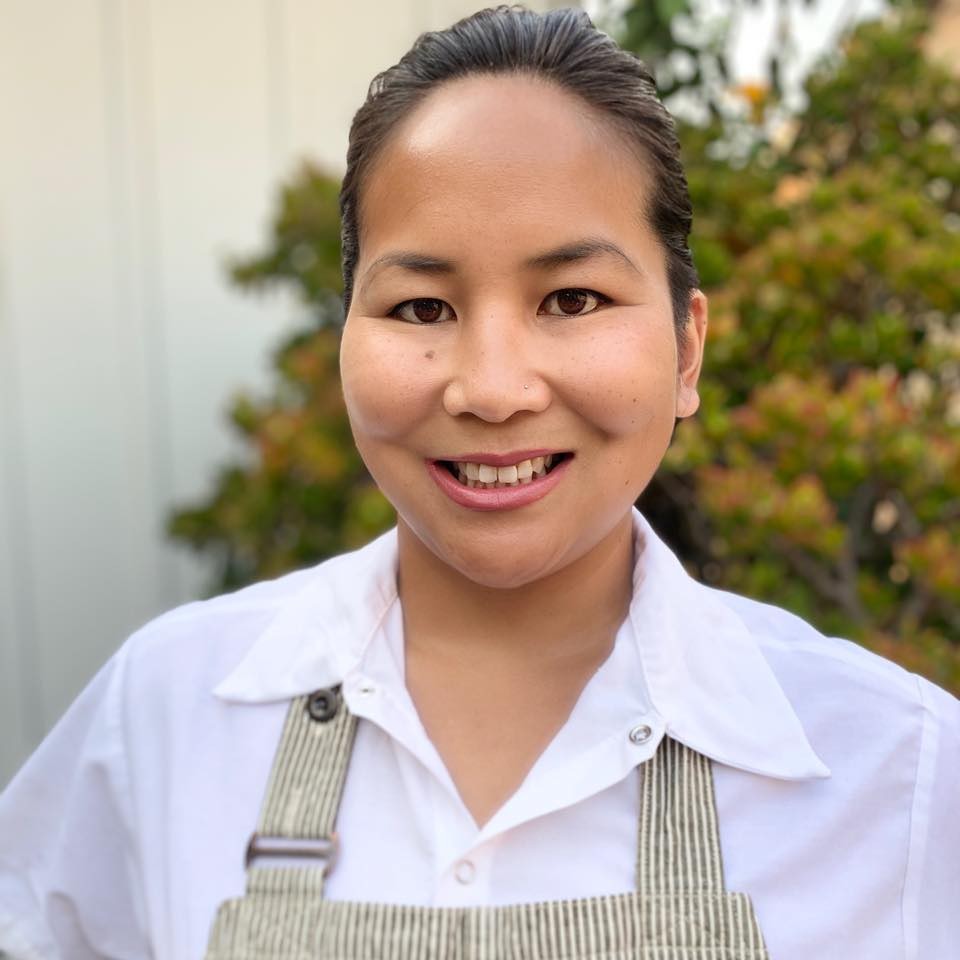We’re excited to introduce you to the always interesting and insightful Tracy On. We hope you’ll enjoy our conversation with Tracy below.
Alright, Tracy thanks for taking the time to share your stories and insights with us today. What sort of legacy are you hoping to build. What do you think people will say about you after you are gone, what do you hope to be remembered for?
I hope my legacy will be known for creating food that nourishes and satiates people, while being good for themselves and the planet. I hope my food helps bring people together across cultures – being delicious first and peaking curiosity. I want people to feel good with the food I create, teams or environments I foster or support.
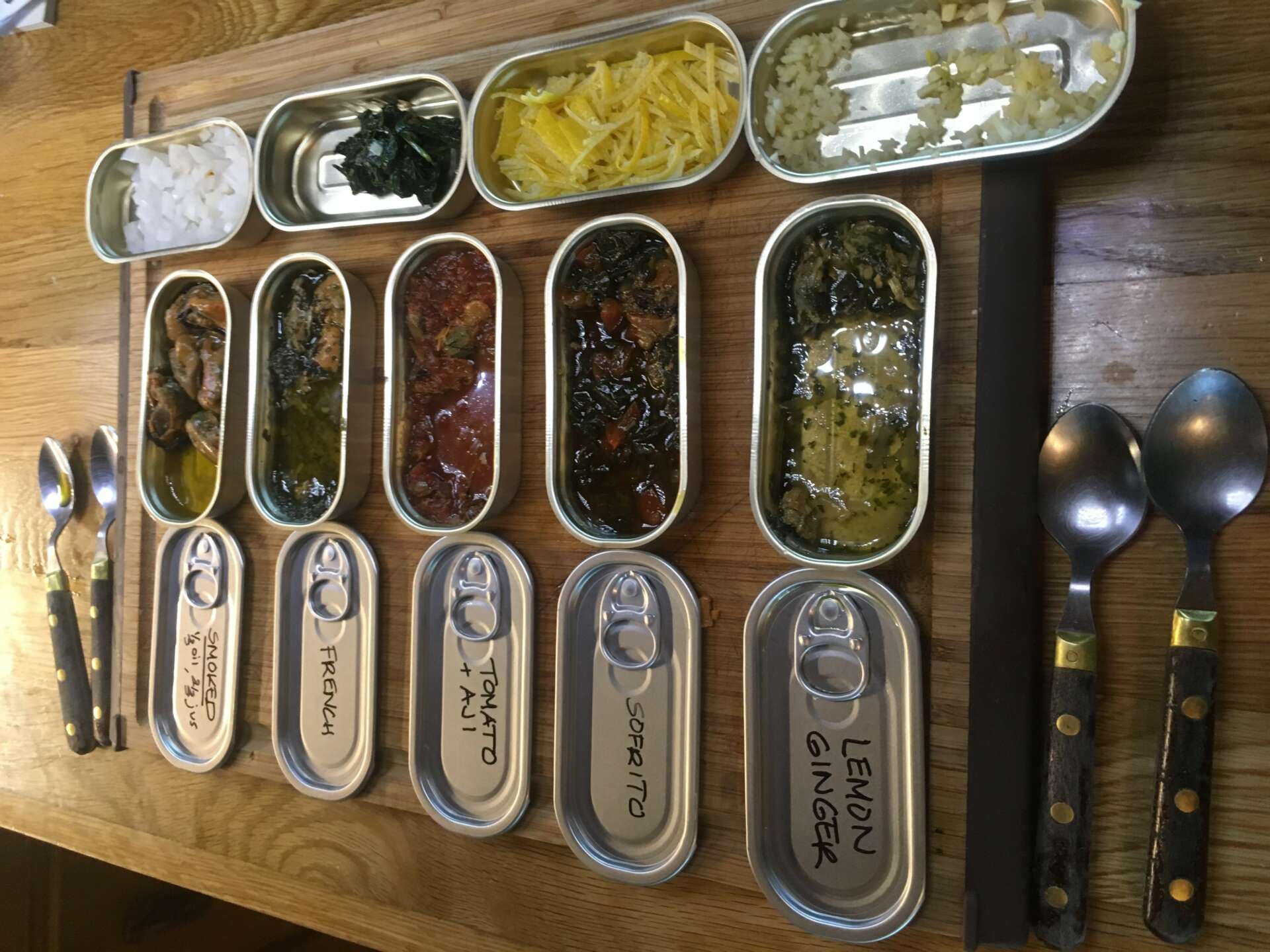
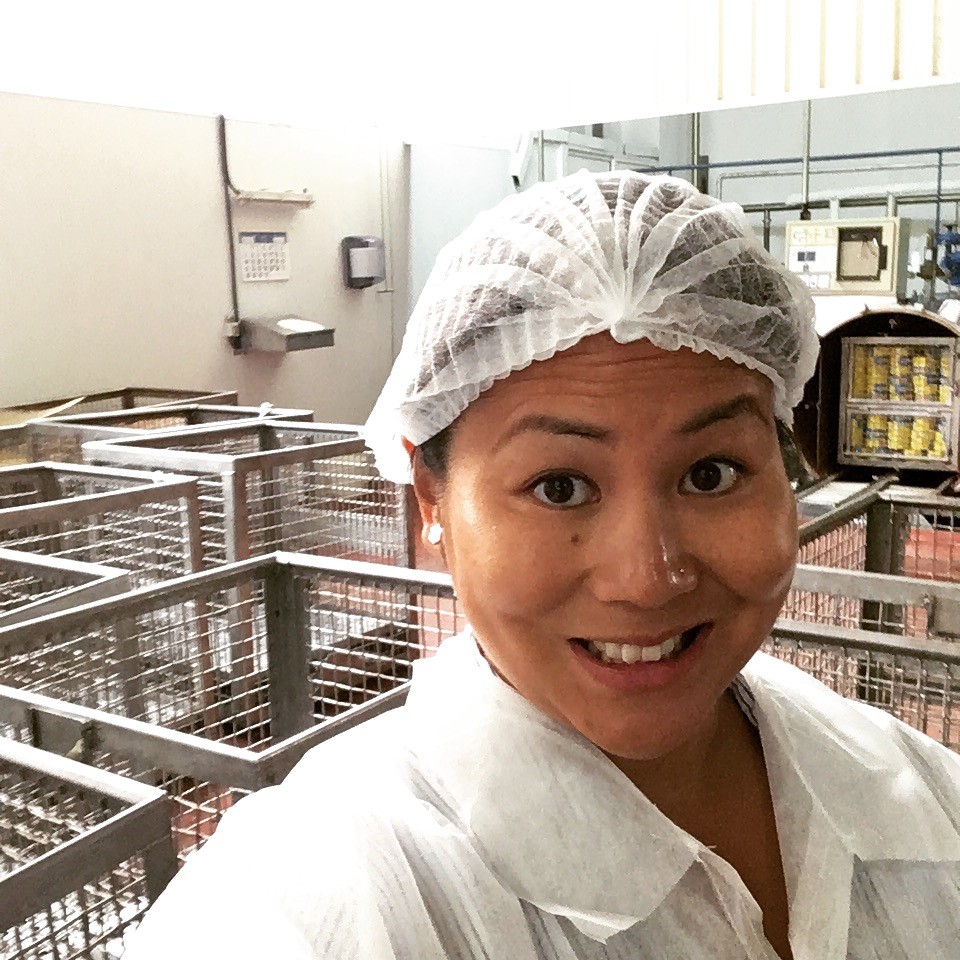
Tracy, before we move on to more of these sorts of questions, can you take some time to bring our readers up to speed on you and what you do?
Cooking is actually my second career. After doing undergrad at UCSB, I worked in product and marketing for a shoe company. I’m thankful for the corporate experience and education, yet could not see myself retiring in this profession and needed a challenge and a change. Much of my professional career (10 years) was as Culinary Manager at Patagonia Headquarters in Ventura, CA. I managed the Cafes there, which nourished their employees for breakfast and lunch. It was incredible to be an employee of Patagonia, versus employed by a separate corporate catering company. It was like making family meal everyday and the main purpose of the job. I also contributed to the Patagonia Provisions line, which included recipe writing for the website on how to use the products, and also development of products such as spice blends and tin mussels. I knew the founder’s palate very well, so conducted tastings throughout the lifespan of a product. At first, it was interesting shifting from restaurants and catering to the corporate world. It was hard not thinking I was the “Lunch Lady,” yet amazing to be still cooking and in the food industry with nights and weekends off and benefits! Above all, it was great to be a part of a mission driven company – which brought more purpose to my work. I learned to really see the impact of the choices I made in the food industry both environmentally and socially.
Currently, I am Sous Chef on a music concert tour. I create the kitchen at the venues from our kitchen rig which we designed ourselves. One of the best parts of my job is to source all the ingredients, which means I am paired with a local runner to explore the local markets. It’s incredible to be able to travel the world and cook. Food is an incredibly powerful way to connect and a fun challenge to nourish clients with changing local ingredients.
To supplement my work when I am not on tour, I have worked this year with First Descents – which provides life changing outdoor adventures for young adults impacted by cancer and other serious health conditions. This is a way to add more purpose to my work as cooking. Often times, food service can be very transactional. With First Descents, nutrition and food is one of their main pillars, which puts value on food and the work I do. Additionally, it’s so nice to be in outdoor spaces when I’m in bigger cities most of the time. It really helps put it all in perspective and what really matters.
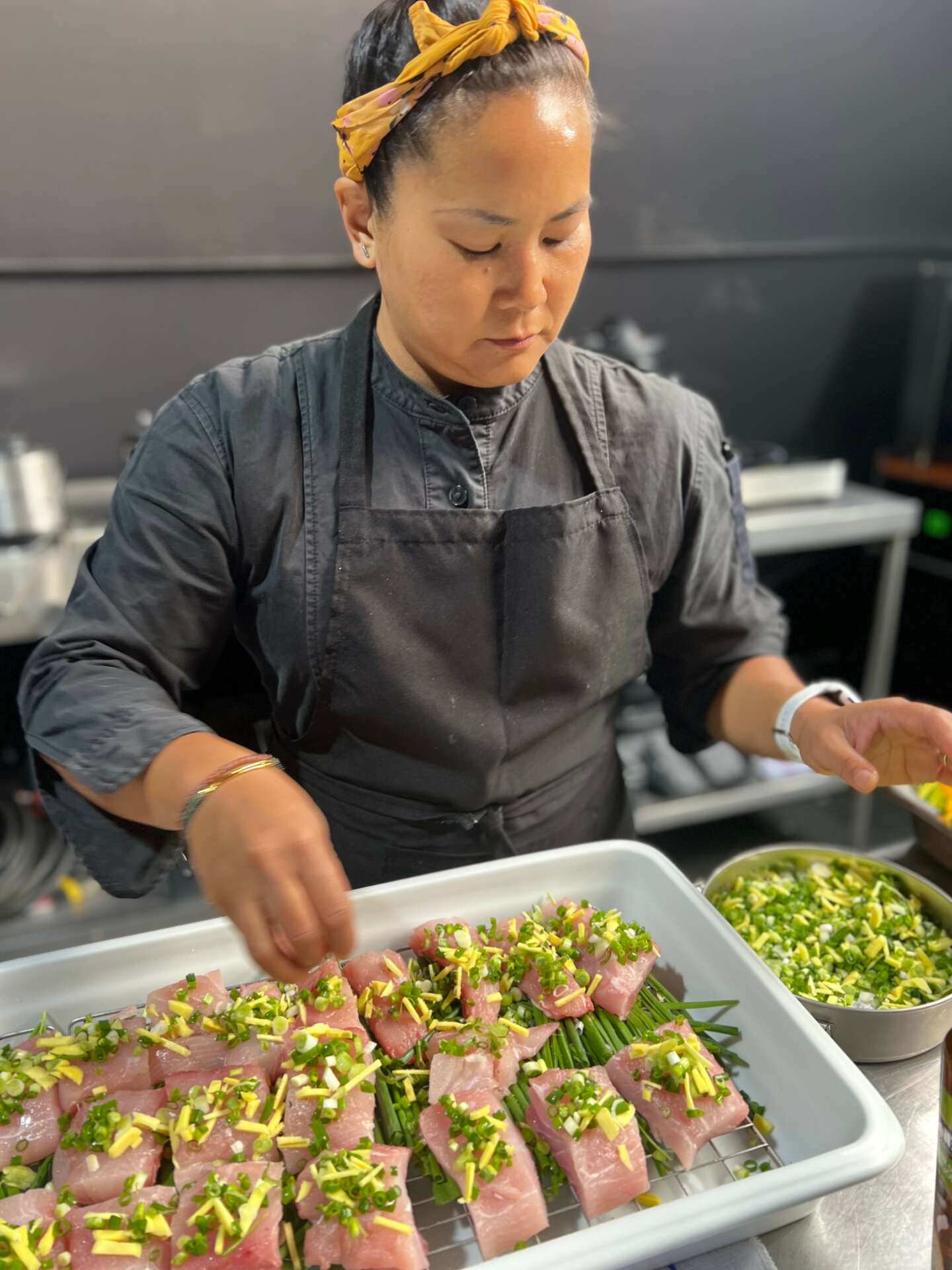
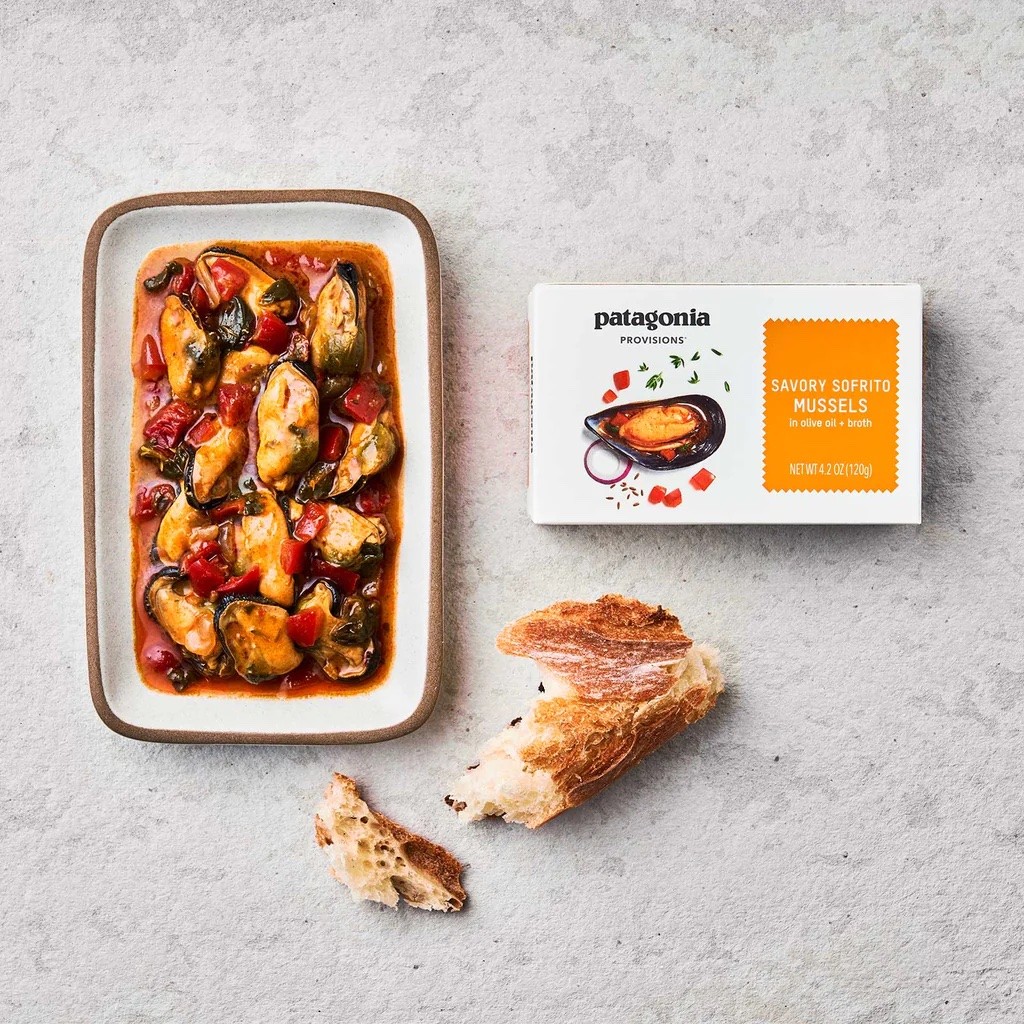
What do you think is the goal or mission that drives your creative journey?
Delicious always, be curious, and to always think about the impact you have with the choices you make (especially environmentally). Also, money is not always the answer.
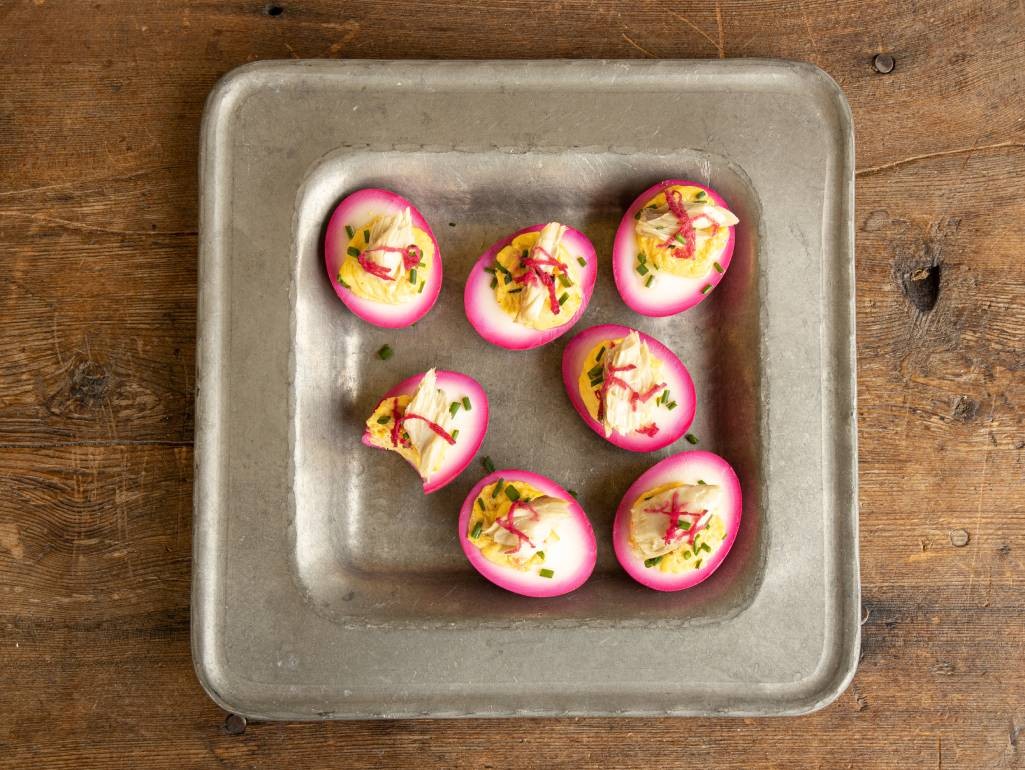
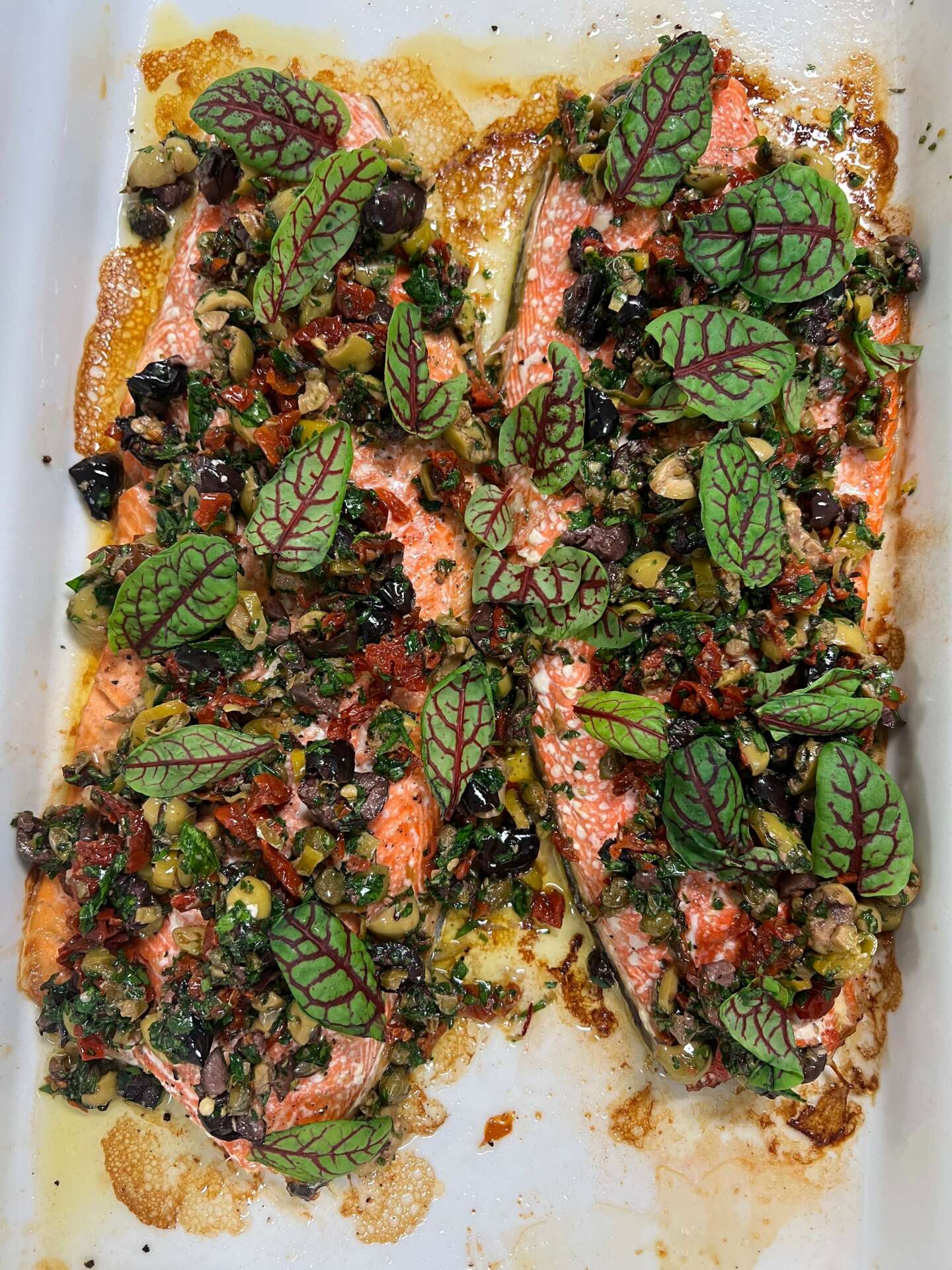
How about pivoting – can you share the story of a time you’ve had to pivot?
During the pandemic, I was fortunate to still keep my job at Patagonia (although ended up being furloughed partially). I think everyone had to pivot. For me, it was thinking about how to help and give work to my team first. We created work by looking at our systems and auditing our purveyors. Could we be doing better with the choices we were making? Then it was creating content on how we can connect with each other and learn about each others culturally. I created a virtual cooking series. They were not recipes, but others from the company. Recipes that were family traditions or just favorites. This spanned from summer time chilled soba to someone’s Hungarian crepes from the Holocaust. Then, it was making family meals for pick up and delivery. This brought the Cafe staff back for work. Through these various pivots, it was obvious how powerful food can be, and that the Cafes were an integral part of work culture.
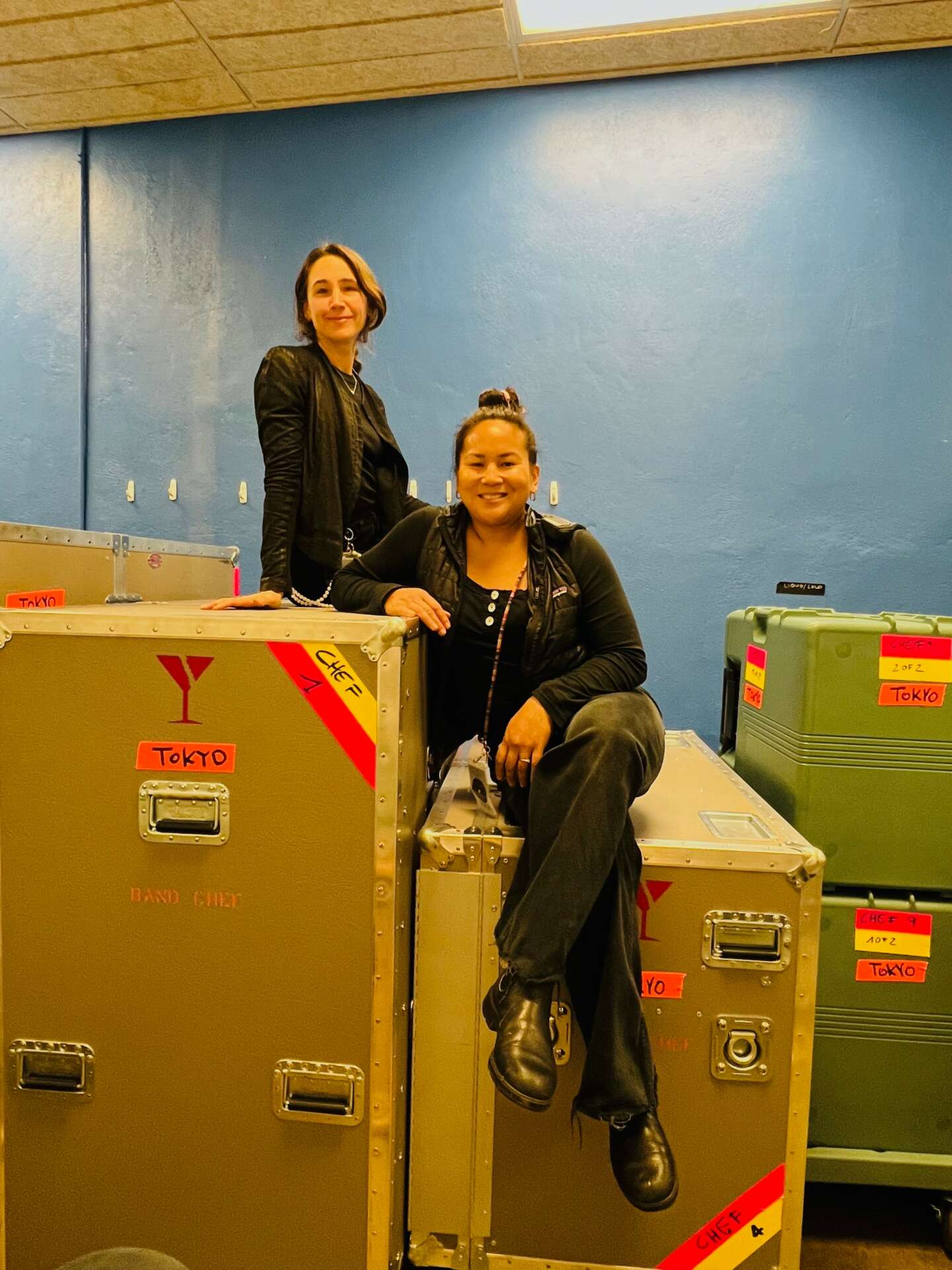
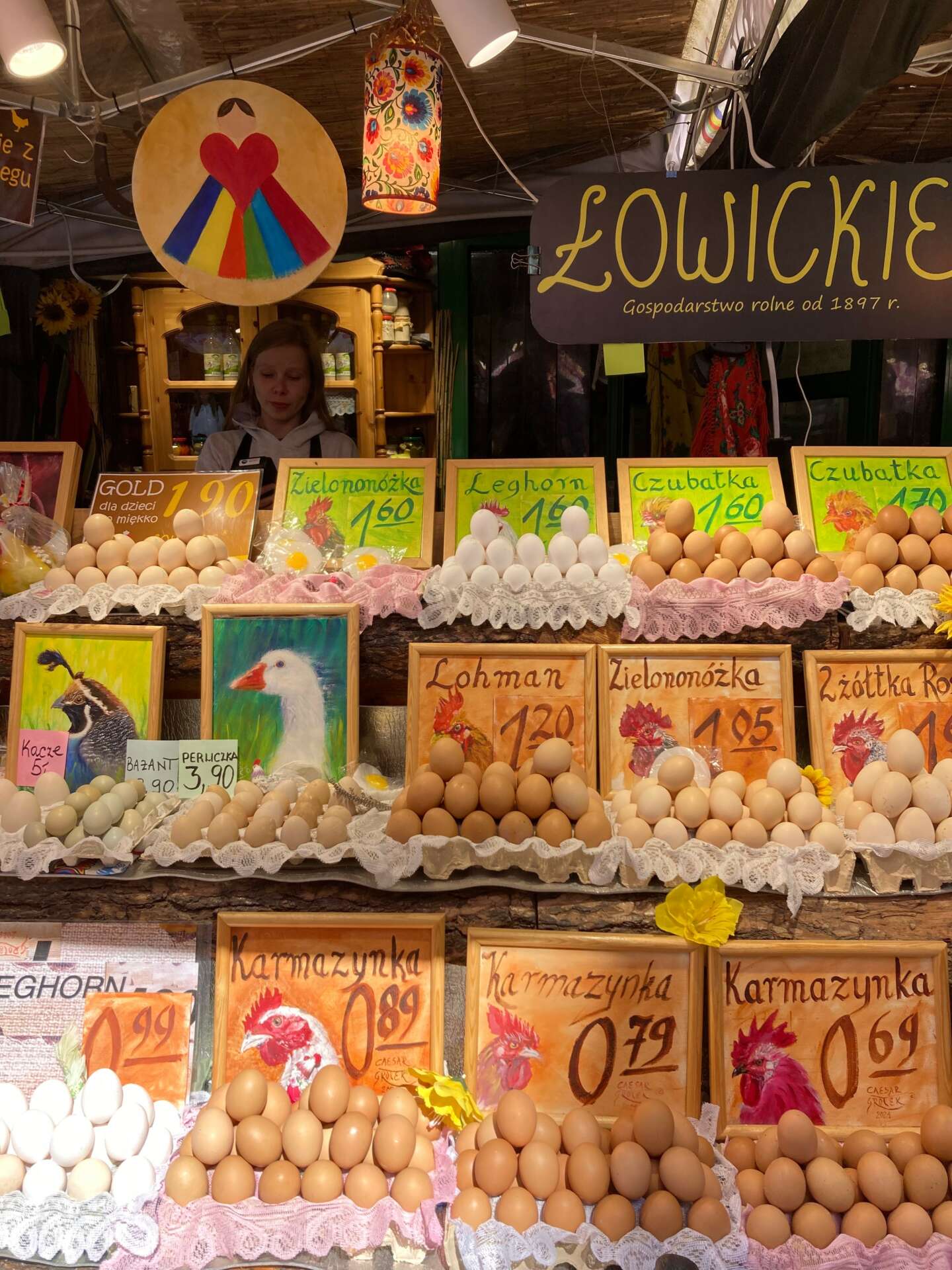
Contact Info:
- Website: www.tracyon.com
- Instagram: @tracyon
- Facebook: Tracy On
- Linkedin: Tracy On
Image Credits
Tracy On Thomas J. Story Amy Kumler


